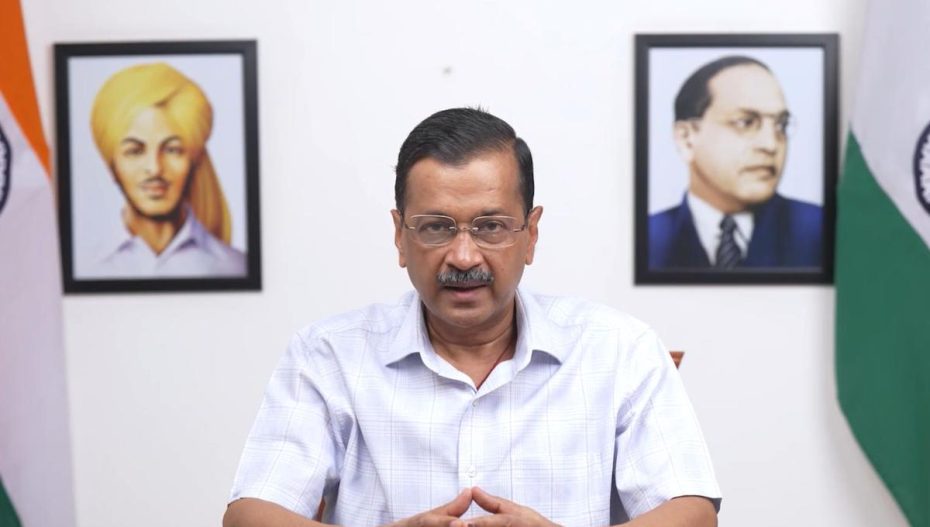The Delhi High Court has upheld its interim stay on a lower court’s decision to grant regular bail to Chief Minister Arvind Kejriwal in the alleged liquor policy case. The High Court criticized the lower court, stating that it had not adequately considered the matter and highlighted several lapses in judgment.
The High Court’s observations included the lower court’s failure to allow sufficient time for the prosecution to argue the bail application and its inadequate discussion of the conditions for release under the Prevention of Money Laundering Act (PMLA), the statute under which Kejriwal was charged.
The court emphasized that the allegations made in the prosecution’s petition required careful consideration. Additionally, it pointed out that the lower court had not adequately addressed the vicarious liability of Arvind Kejriwal under Section 70 of the PMLA.
Consequently, the High Court decided to stay the operation of the impugned bail order, effectively keeping Arvind Kejriwal in jail.
Enforcement Directorate’s Challenge
The Enforcement Directorate (ED), the federal agency responsible for Kejriwal’s arrest in March related to the liquor policy case, had approached the High Court last week. The ED filed a petition challenging the city court’s regular bail order, describing it as “perverse” and “flawed.”
After hearing arguments from both sides, the High Court issued an interim stay on Kejriwal’s release pending its full verdict. In response, Arvind Kejriwal moved the Supreme Court to challenge this interim stay.
Supreme Court’s Unusual Situation
The Supreme Court declined immediate relief to the Delhi Chief Minister, citing the High Court’s reserved judgment. Justice Manoj Misra acknowledged that the situation was unusual, as orders in stay matters are typically passed immediately rather than being reserved.
Arvind Kejriwal’s legal team argued that the “balance of convenience” favored his release. They pointed out that he is not a habitual offender and has no criminal antecedents, as acknowledged by the top court in its previous order granting him interim bail.
“Why can’t I be free in the interim? I have a judgment in my favor,” Kejriwal questioned during the Supreme Court proceedings.
Background and Allegations
Kejriwal’s arrest by the ED stemmed from money laundering allegations related to the Delhi liquor policy for 2021-22. Although the policy was later scrapped due to concerns raised by the Lieutenant Governor, the ED alleged that the AAP leader and his party received around ₹100 crore from liquor sellers. According to the ED, this money was used to fund the party’s election campaign in Goa and Punjab.
Both Arvind Kejriwal and the AAP have vehemently denied these charges, labeling them as political vendetta. Despite extensive investigations, the ED has yet to locate the alleged bribe money.
Also Read: SVPI Airport Expands Self-Baggage Drop and E-Gate Services












